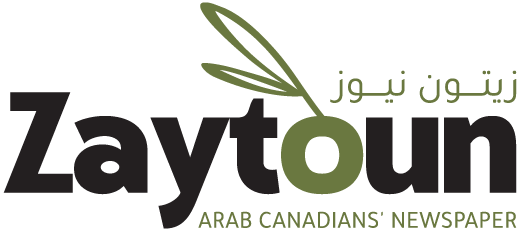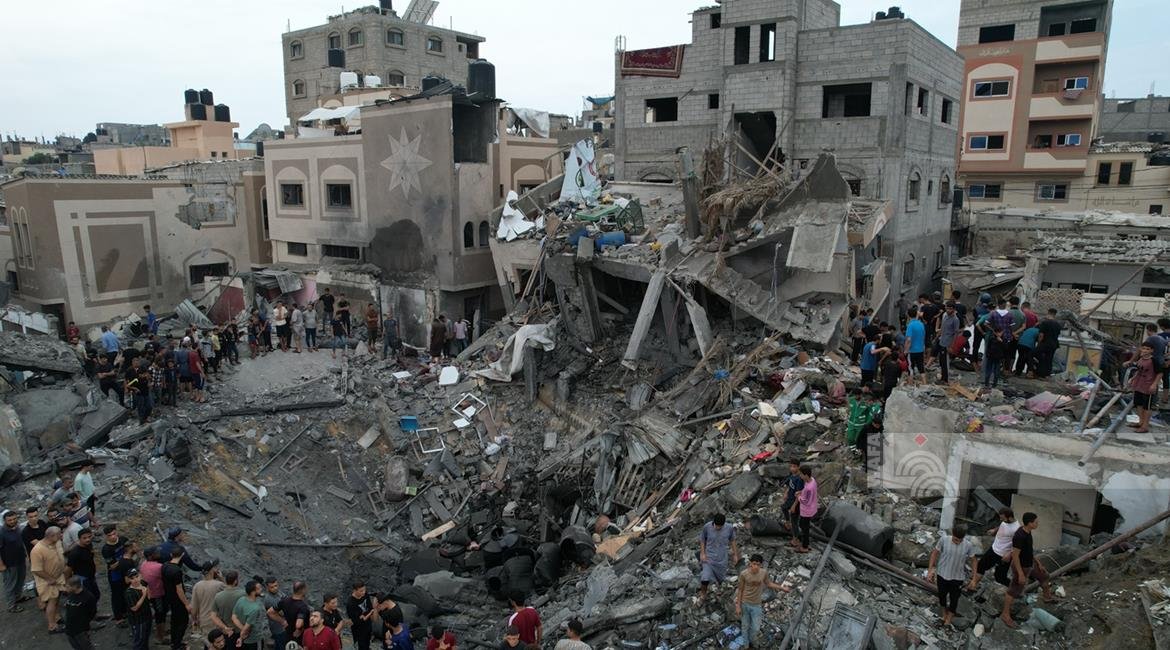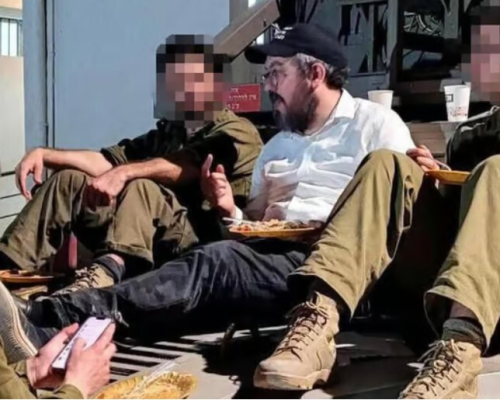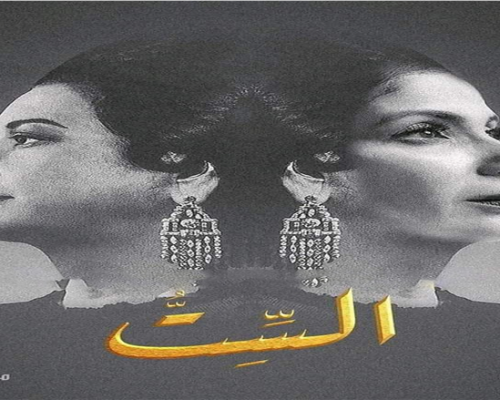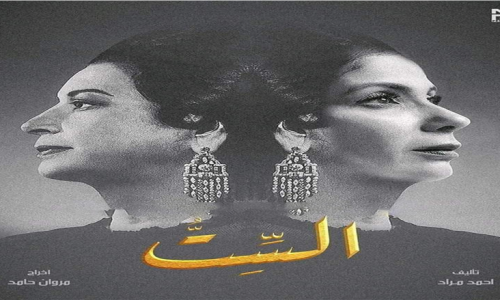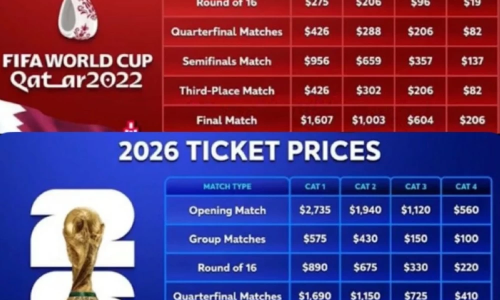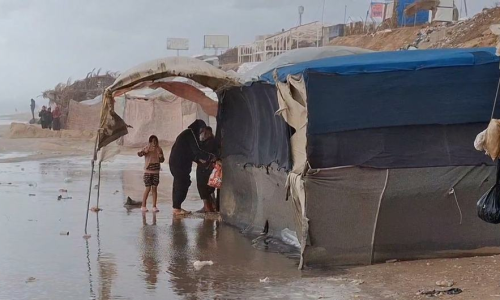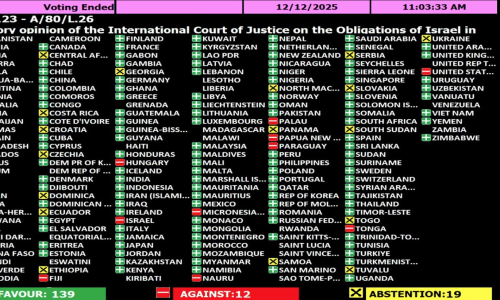By Taghreed Saadeh
After two years of devastating war in the Gaza Strip, the Palestinian people were left without protection, dying of hunger, displaced, and even has to borrow money to pay for the shroud and the grave of his loved ones. Civilians who endured the worst conditions found no real protection from the bombing and destruction, nor did they see any genuine rescue from Hamas’ governing authorities, while the leadership and cadres of the movement hid in tunnels, leaving the people as fuel for the war, maintaining just enough operations to appear as if Hamas was resisting.
At the end of the war, Hamas reaffirmed its authority through official statements, notably from the Gaza Government Media Office, which called on Palestinians for “full cooperation with governmental and humanitarian agencies,” emphasizing the goal of “restoring life to the Strip and strengthening resilience.” Yet this conciliatory language did not convince Gazans who had lived through two years of bombing and starvation, raising serious questions about the sincerity of protection and the ability to meet real humanitarian needs.
At the same time, Hamas’ Interior Ministry announced the deployment of its security forces in areas from which the Israeli army withdrew, aiming to “restore public order and address manifestations of chaos.” Citizens were urged to protect public and private property and cooperate with security and service agencies, with assurances that the deployment would be gradual and organized to maintain safety and stability.
However, this approach reflects Hamas’ perspective of imposing control through force and security, raising a crucial question: do Gazans, who have suffered hunger and destruction, need strict control or actual protection and humanitarian guarantees? The harsh reality is that the vast majority of civilians live in distrust toward Hamas’ authority, which has failed to provide food, medicine, safe shelter, or support for families burying their dead, and, most importantly, did not use the weapons it possesses to defend them or deter the occupation.
Historically, Hamas has used excessive force to consolidate its rule since the 2007 coup, as documented by television footage of Fatah members being killed and dragged through the streets. Numerous incidents throughout its rule illustrate this pattern; for example, in 2009, Hamas shelled a mosque with its imam and worshipers inside, claiming they were extremists, simply because they were perceived as political rivals. The movement does not hesitate to impose control over society regardless of the human or symbolic losses.
Discussion of Hamas cannot be separated from its regional connections and the broader Muslim Brotherhood project it emulates. The movement is not merely a resistance faction but an extension of the Muslim Brotherhood’s ideology in the region, supported by regional powers like Turkey and some international actors to achieve strategic goals. This was evident in Syria, where the Assad regime was overthrown and pro-al-Qaeda forces were installed. This raises a fundamental question: are the Palestinians making sacrifices for their own national interests, or are they being used to serve a regional project beyond their control?
The paradox becomes clearer when Hamas, despite its resistance rhetoric, sits at the same table with Israel, as reported by media outlets and mediators, while media portrays it as leading resistance against the occupation. Regionally, the role of Turkey is prominent, with President Erdoğan seen as the international leader of the Brotherhood. He claims to support resistance, yet maintains diplomatic relations with Israel. This duality is mirrored in Hamas’ domestic and foreign policies.
What Hamas is doing today is a desperate attempt to reclaim rule over Gaza, a territory it seized through bloodshed and with foreign support. Yet the entire world backs a Palestinian state in the West Bank, Gaza, and Jerusalem, not a separate state in Gaza as the Americans and the occupation desire. Continued Hamas control threatens to ignite a civil war in the Strip and fulfills Netanyahu’s vision of displacing the Palestinians from Gaza، those who demanded Hamas’ removal during the war shouting “Out! Out!”، who would have no place if the movement remains in power.
